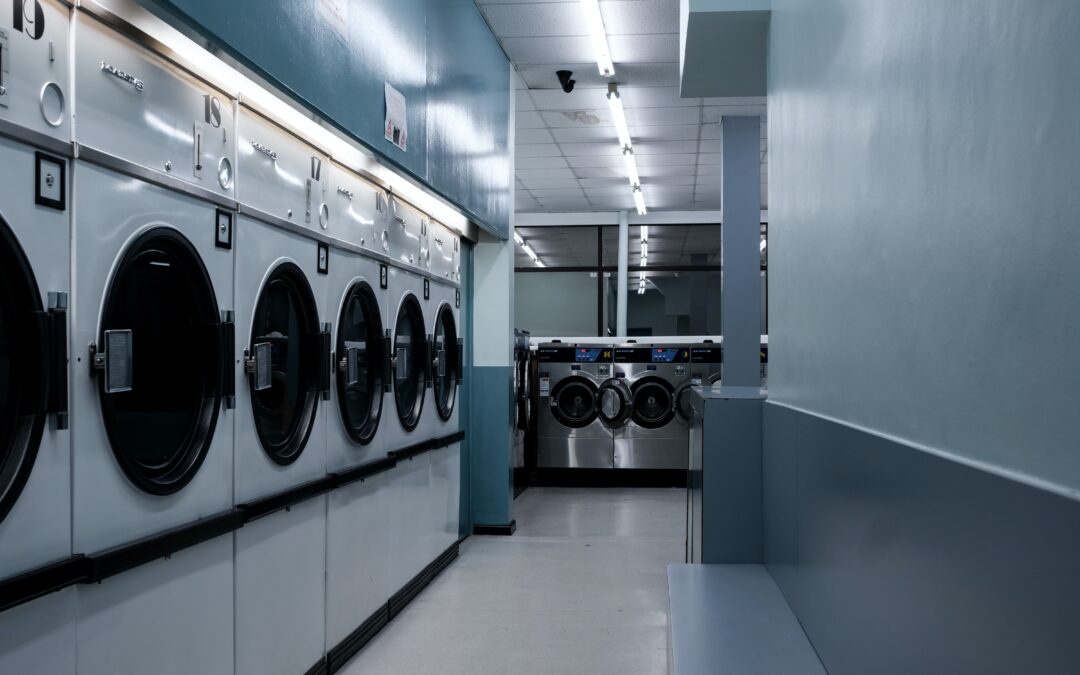Investing in commercial laundry equipment is a significant decision for businesses across various industries. Whether you own a hotel, restaurant, spa, or healthcare facility, having reliable and efficient laundry equipment is essential for maintaining cleanliness and ensuring a steady supply of clean linens and textiles. However, before making a purchase, it’s crucial to understand the price range of commercial laundry equipment to align your budget with your operational needs. In this comprehensive guide, we will delve into the factors influencing the cost, discuss the price range of different types of equipment, explore the benefits of new versus used equipment, consider long-term costs and return on investment (ROI), and highlight financing options and leasing programs. By exploring these aspects, businesses can make informed decisions that optimize efficiency, minimize costs, and contribute to long-term profitability.
Factors Influencing the Cost
The price range of commercial laundry equipment can vary significantly based on several factors. In this section, we will explore the key elements that influence the overall cost:
- Type and Size of Equipment: Different types of commercial laundry equipment, such as washers, dryers, ironers, folders, and finishing equipment, have varying price ranges. The size and capacity of the equipment also play a role in determining the cost. Larger and more advanced machines typically come with higher price tags.
- Technology and Features: Advanced technology and innovative features can significantly impact the cost of commercial laundry equipment. Machines equipped with sophisticated programmability, automation, energy-saving mechanisms, and enhanced user interfaces tend to be more expensive.
- Brand Reputation: Established and reputable brands often command higher prices due to their track record of reliability, performance, and customer satisfaction. Investing in well-known brands can provide businesses with peace of mind and long-term value.
- Additional Accessories and Customization Options: Certain accessories and customization options, such as specialized wash programs, different drum sizes, or advanced control panels, can add to the overall cost. These additional features should be evaluated based on their necessity and potential benefits to the business.
Price Range of Different Types of Commercial Laundry Equipment
Price ranges of various types of commercial laundry equipment commonly used in businesses:
- Commercial Washers: Commercial washer prices typically range from several thousand to tens of thousands of dollars, depending on factors such as capacity, technology, and features. Smaller capacity washers suitable for small businesses can be more affordable, while larger-capacity machines for high-volume operations can be more expensive.
- Commercial Dryers: Similar to washers, commercial dryers’ prices vary based on factors like capacity and features. Prices can range from a few thousand to tens of thousands of dollars. Advanced dryers with energy-efficient technologies and faster drying times tend to be at the higher end of the price spectrum.
- Industrial Ironers: Industrial ironers are essential for businesses that require crisp, wrinkle-free linens. The price range for industrial ironers can vary significantly depending on the size, type (such as chest or roll ironers), and productivity features. Prices can range from several thousand to tens of thousands of dollars.
- Folding Machines: Folding machines offer automation and efficiency in the folding process, reducing labor costs and increasing productivity. Prices for folding machines depend on factors like size, capacity, and folding capabilities. The price range typically varies from several thousand to tens of thousands of dollars.
- Finishing Equipment: Finishing equipment, such as garment steamers or stain removal systems, can be valuable additions to the laundry process. The price range for finishing equipment varies depending on the type and features. Prices can range from a few thousand to tens of thousands of dollars, depending on the specific equipment and its functionality.
New vs. Used Equipment
When considering commercial laundry equipment, businesses have the option to purchase either new or used machines. Here are the advantages and considerations of each option:
New Equipment: Purchasing new commercial laundry equipment offers several advantages. Firstly, new machines often come with the latest technology, improved energy efficiency, and advanced features that can enhance productivity and reduce operational costs. Additionally, new equipment typically comes with warranties, providing businesses with peace of mind and protection against unexpected breakdowns or repairs. However, new equipment comes at a higher price point compared to used equipment, which can be a limiting factor for businesses with budget constraints.
Used Equipment: Opting for used commercial laundry equipment can be a cost-effective solution for businesses. Used machines are generally more affordable than new ones, allowing businesses to save on upfront costs. While used equipment may not have the latest features or energy-saving capabilities, they can still offer reliable performance if properly maintained. However, it’s crucial to thoroughly inspect and assess the condition of used equipment before making a purchase. Understanding the equipment’s history, maintenance records, and any potential repairs needed is essential to ensure a good investment.
Long-term Costs and Return on Investment
When evaluating the price range of commercial laundry equipment, it’s crucial to consider the long-term costs and potential return on investment (ROI). This section explores factors that contribute to the total cost of ownership:
- Energy Efficiency: Energy costs can significantly impact the long-term expenses of operating commercial laundry equipment. Investing in energy-efficient machines may have a higher upfront cost but can result in substantial savings in utility bills over time. Considering the energy consumption and efficiency ratings of equipment is important when calculating long-term costs.
- Maintenance and Repairs: Regular maintenance and occasional repairs are inevitable for commercial laundry equipment. Understanding the maintenance requirements, availability of spare parts, and the associated costs is crucial for budgeting purposes. Additionally, considering the warranty coverage and after-sales support provided by the equipment supplier can help minimize maintenance and repair costs.
- Operational Costs: Operational costs, such as water usage, detergent expenses, and labor requirements, should be taken into account when calculating the overall cost of commercial laundry operations. Efficient equipment that reduces water consumption and minimizes the need for excessive detergent usage can result in long-term savings.
Calculating the ROI of commercial laundry equipment involves evaluating the initial investment, projected cost savings, and increased productivity over time. By considering energy efficiency, maintenance costs, and operational expenses, businesses can determine the potential financial benefits and make informed decisions that align with their budget and growth plans.
Financing Options and Leasing Programs
For businesses with budget limitations or those seeking more flexibility, exploring financing options and leasing programs can be advantageous. Some possibilities to consider:
Equipment Financing: Equipment financing allows businesses to acquire commercial laundry equipment while spreading the cost over time. This can help manage cash flow and provide an affordable solution for businesses with limited upfront funds. Financing options may involve loans, lease-to-own arrangements, or equipment leasing agreements.
Leasing Programs: Leasing programs enable businesses to access commercial laundry equipment for a specific duration while paying a monthly or periodic fee. Leasing eliminates the need for a large upfront investment and provides flexibility for businesses to upgrade or replace equipment as needed.
When considering financing or leasing options, it’s crucial to carefully review the terms and conditions, interest rates, and repayment schedules. Evaluating the total cost over the financing or lease period is important to assess the feasibility and long-term financial impact on the business.
Understanding the price range of commercial laundry equipment is essential for businesses planning to invest in reliable and efficient laundry operations. By considering factors such as equipment type, size, capacity, technology, brand reputation, and additional customization options, businesses can estimate the budget required for their specific needs.
Exploring the price range of different types of commercial laundry equipment, including washers, dryers, ironers, folding machines, and finishing equipment, provides businesses with a comprehensive understanding of the investment required. Assessing the advantages and considerations of new versus used equipment helps businesses make informed decisions based on their budget constraints and long-term goals.
Calculating the long-term costs and return on investment (ROI) involves evaluating factors such as energy efficiency, maintenance requirements, and operational costs. By considering these aspects, businesses can determine the total cost of ownership and make financially sound decisions that align with their budget and growth plans.
Furthermore, exploring financing options and leasing programs can provide businesses with flexibility and affordability. Equipment financing and leasing programs allow businesses to acquire the necessary commercial laundry equipment while managing cash flow and minimizing upfront costs.
By thoroughly exploring the price range of commercial laundry equipment, businesses can make informed decisions that balance their budget constraints with their need for reliable and efficient laundry operations. By considering various factors, comparing options, and exploring financing opportunities, businesses can acquire the necessary equipment and optimize their laundry operations for enhanced efficiency, productivity, and customer satisfaction.
ITEC CORP. is a full service laundry equipment and chemical supplier serving clients throughout Louisiana and Southern Mississippi. Since 1983, we’ve served laundry customers in an array of industries and provided turnkey laundry solutions to the multi-housing, vended and on-premise laundry markets – working closely with customers to develop productive, efficient, effective and profitable operations.
Our customer-focused, highly trained team is in laundries every day – delivering comprehensive services, including laundry analyses; equipment replacement, installation and programming; laundry chemicals; and technical repair services. We are your one-stop shop for quality laundry equipment, chemicals, parts and service.
- About the Author
- Latest Posts
With a track record dating back to 1983, ITEC Corp specializes in providing comprehensive laundry solutions, including equipment, chemicals, and parts. Our dedicated team offers free laundry analysis and carries industry-leading brands to help clients enhance productivity and reduce operational costs.

